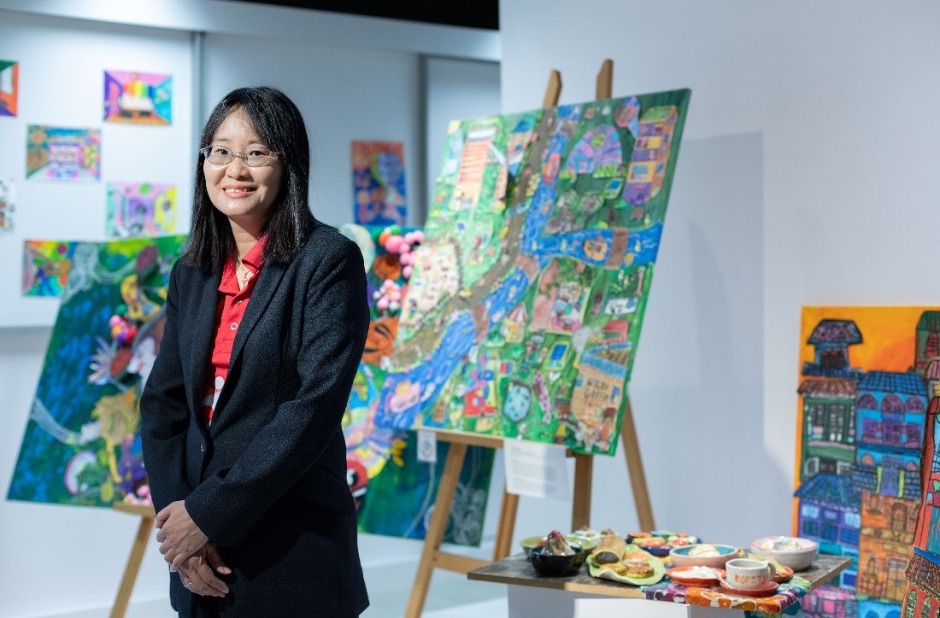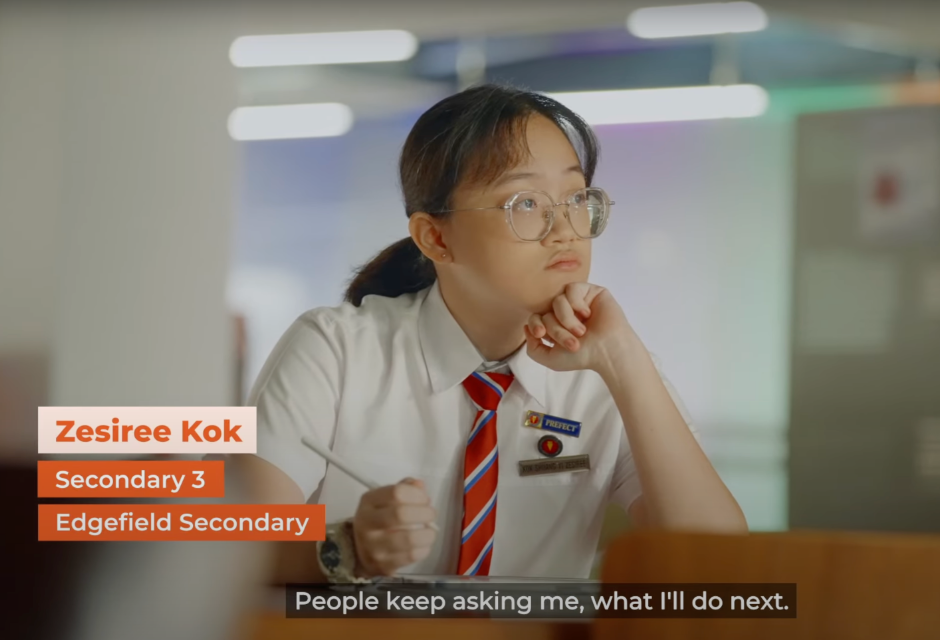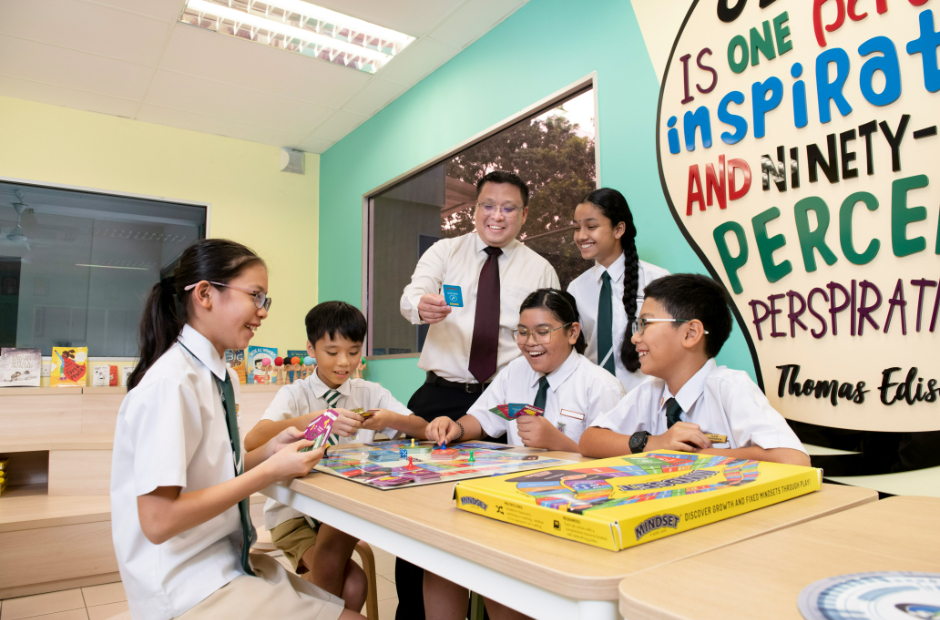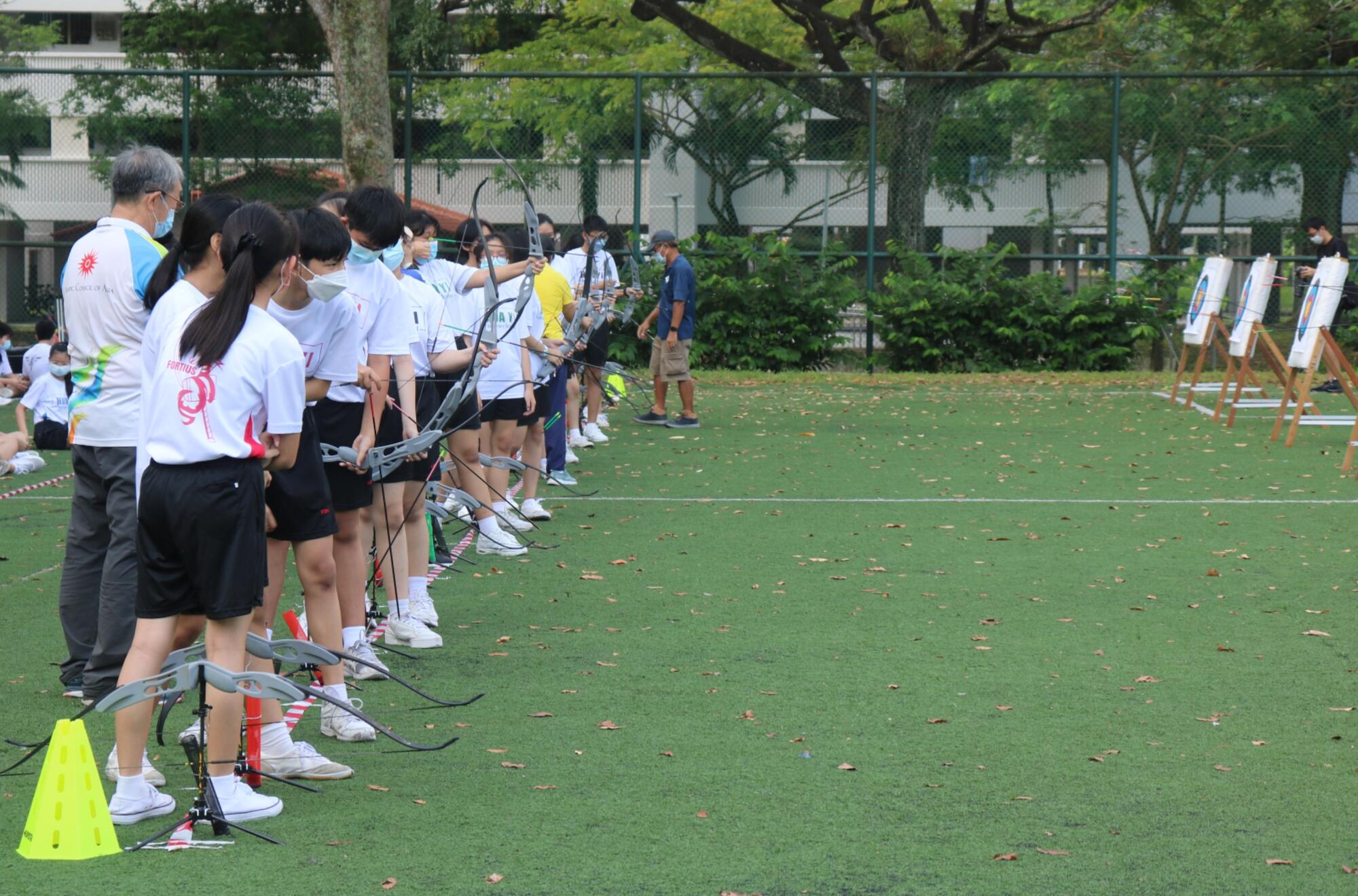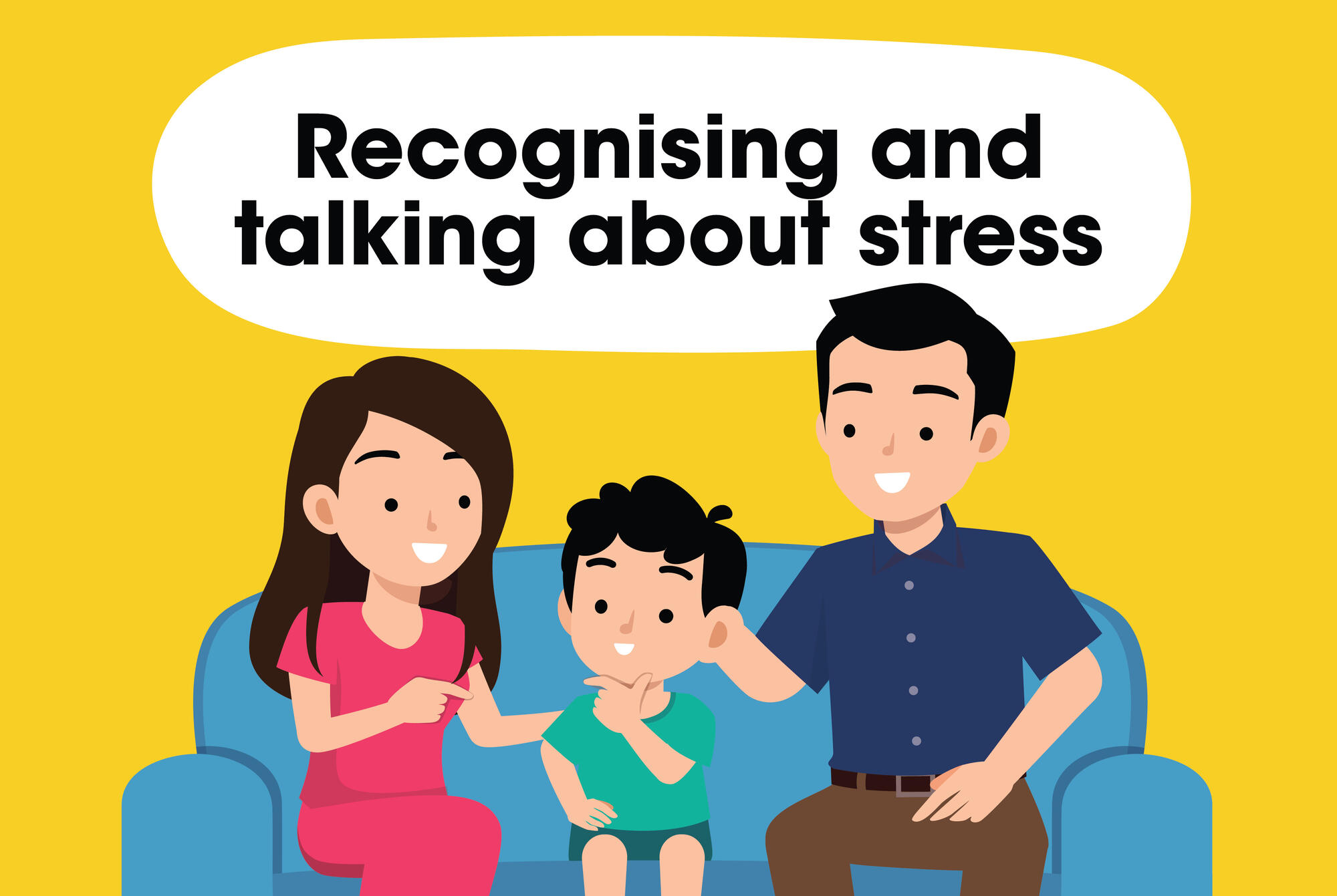Preparing Students for the 21st Century
14 Oct 2013

Professor Linda Darling-Hammond (left) and Dr. Brian Stecher (right), two international experts in the field of education, shared their insights on the skills that students need for the 21st Century, at the Global Cities Education Network Symposium: Singapore Public Programme.
“In 1970, when the Fortune 500 companies were asked what the three most desired skills were, the answer was reading, writing and arithmetic. In 2000, when they were asked the same question, the top three were teamwork, interpersonal skills and communication skills,” said Dr Linda Darling-Hammond, Charles E. Ducommun Professor of Education at Stanford University, at the Global Cities Education Network Symposium: Singapore Public Programme, held on 9 October 2013.
Over a panel discussion, international thought leaders in education shared their insights on 21st Century Competencies with educators. The four desired outcomes outlined by the Ministry of Education – A Confident Person, Self-directed Learner, Active Contributor and Concerned Citizen – were acknowledged by experts as crucial skills for the future.
While it is clear that demands of employers have changed and these qualities are essential, the challenge of developing these competencies in students remains.
Changes in the Classroom
In Singapore, changes to traditional classroom teaching have gradually been introduced over the years, due to the pace of knowledge creation in the 21st century. These have been done with the aim of encouraging creative thinking, group work and solving real-world problems.
“Between 1999 and 2003, there was more new knowledge created in the world than in the entire history of the world preceding,” said Dr Darling-Hammond, who shared about the research her colleagues at Berkley were doing on the growth of knowledge in the world.

Over a panel discussion, experts and educators spoke about the challenges of teaching and accessing 21st century competencies in the classroom.
“Students will be working with knowledge that hasn’t been invented yet”, said Dr Darling-Hammond, “to solve problems that we can hardly envision, using technologies that don’t yet exist.”
As such, students need to develop the ability to access and use information and resources to solve problems, rather than merely mastering a bunch of facts. However, there is no one-size-fits-all solution. Teachers will need to identify the right pedagogies that would be beneficial to their profile of students. Students will need to have opportunities to exercise their creativity, engage in collaboration and apply knowledge in realistic situations.
Changes in Assessment
But how do we track the development of such competencies that do not lend themselves well to quantitative measurements?

The symposium was attended by educators, to gain insights and understand the international perspectives of experts.
Some changes have been made to incorporate certain competencies in formal testing. For example, in an exam, students are required to evaluate and make an analysis within a certain time frame, instead of just spewing information through rote memory. This incorporates critical thinking and problem solving skills, which students would be learning even as they prepare for their exams.
Teachers also consistently observe students’ development, which can be evaluated in groups to reduce subjectivity. At MOE’s Work Plan Seminar 2013, the move to form student development teams was announced. The teams will involve year heads and class teachers for the respective levels, to provide a more cohesive education experience and stronger socio-emotional support for students.
While new pedagogies and assessment methods may initially be unfamiliar, the experts are convinced that the best evaluators are students themselves. When students are engaged and excited in class, then the proof is in the learning.
Find out more about the 21st Century Competencies!

